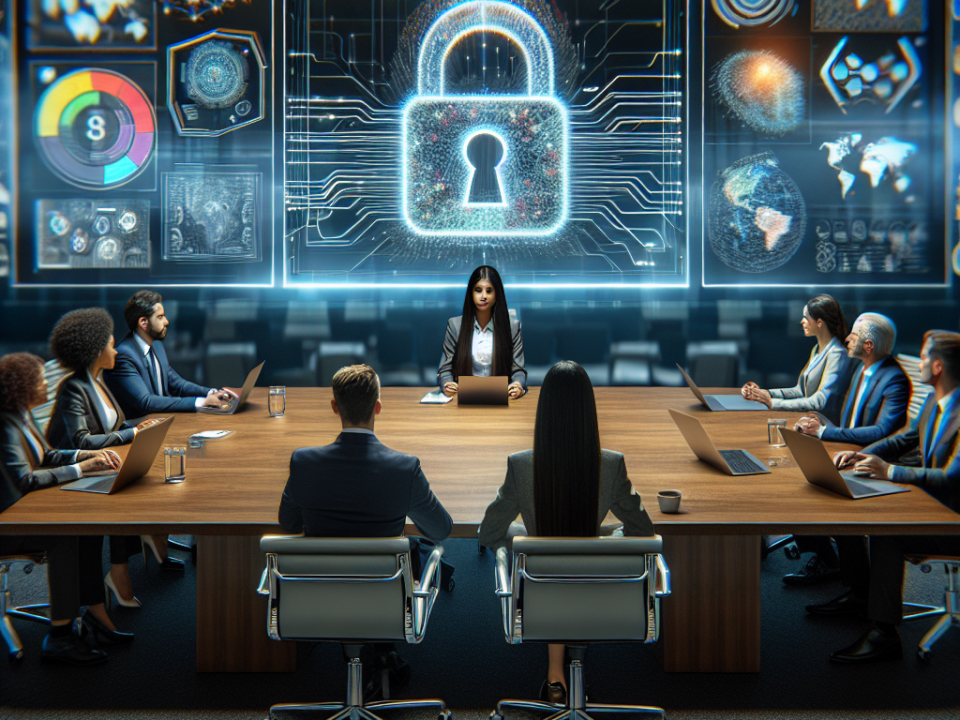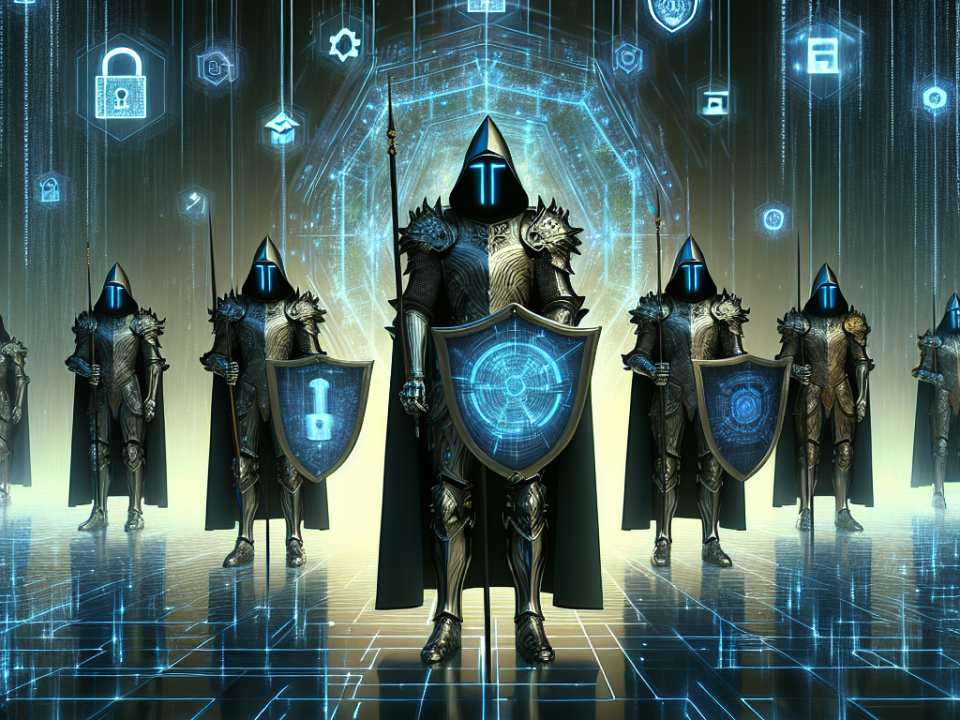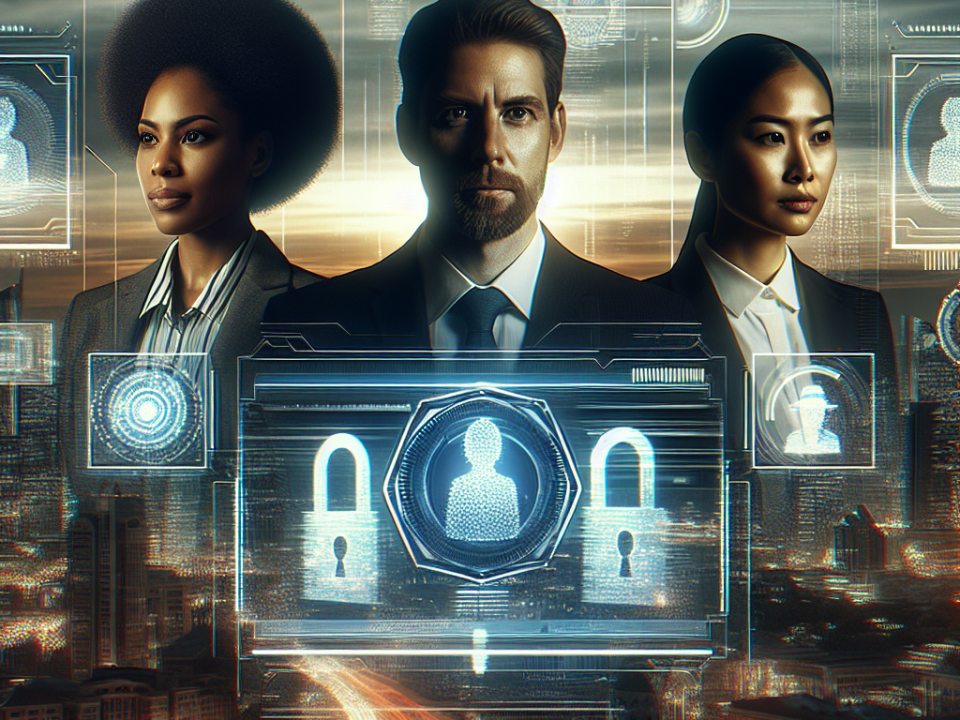
Future-Proofing Your Business: The Role of Industry Standards in Cyber Defense
October 21, 2025
The Importance of Industry Standards: Protecting Your Business from Evolving Threats
October 22, 2025
As we advance further into the digital age, the fields of cybersecurity and ethics are becoming increasingly intertwined. With the explosion of data generation and the proliferation of cyberattacks, both areas are challenged to address complex moral dilemmas that arise from emerging technologies. By 2025, we can anticipate substantial developments that will shape how organizations, policymakers, and individuals navigate this intersection.
Escalating Cyber Threats
The cybersecurity landscape in 2025 is expected to be marked by increasingly sophisticated threats. With the integration of artificial intelligence (AI), machine learning, and the Internet of Things (IoT), criminals will wield new tools to exploit vulnerabilities. Ransomware attacks will likely become more prevalent and damaging, targeting critical infrastructure, healthcare systems, and financial institutions.
Ethical Implications
With these evolving threats come ethical dilemmas regarding privacy, accountability, and the right to digital security. Businesses and governments face tough choices about how much surveillance is too much in their struggle to protect systems from breaches.
Questions arise: Should user data be monitored to prevent attacks, and if so, where is the line drawn? What moral responsibility do organizations hold in safeguarding sensitive information? In a 2025 world, businesses that fail to address these ethical implications may not only violate laws but also betray the trust of their stakeholders.
Data Privacy and User Consent
The trend toward prioritizing data privacy is anticipated to grow stronger by 2025. With regulations like GDPR in Europe and the CCPA in California shaping how data is collected and used, organizations will be compelled to adopt stringent measures.
Ethical Considerations
These regulations introduce ethical considerations concerning user consent. Companies must ensure that their data practices are transparent, fostering trust while protecting individuals’ rights to their information. The challenge lies in balancing corporate interests with ethical responsibilities—ensuring that data collection mechanisms are not exploitative.
The Role of Ethical AI
Artificial intelligence will play a pivotal role by 2025, enhancing cybersecurity efforts through predictive analytics and threat detection. However, the use of AI raises pressing ethical questions about bias, fairness, and transparency in algorithmic decision-making.
Organizations will need to establish ethical frameworks for AI use, ensuring that these systems do not perpetuate discrimination or infringe upon individual rights. Stakeholders will demand accountability—an expectation that AI-driven decisions can be explained and justified.
Cybersecurity as a Social Responsibility
By 2025, organizations will be recognized not just for their financial performance but also for their cybersecurity posture. As cyber threats affect not only businesses but also communities and nations, cybersecurity is increasingly viewed as a social responsibility.
Collective Ethical Duty
The ethical obligation to strengthen cybersecurity measures will extend beyond individual organizations. Collaborations among businesses, educational institutions, and governments will be essential in creating a robust cybersecurity ecosystem. Innovating solutions and sharing knowledge will be seen as a collective ethical duty to safeguard society at large.
Emphasizing Cybersecurity Education
As the demand for cybersecurity professionals continues to soar, ethical training will become a fundamental component of educational curricula. By 2025, universities and training programs will increasingly focus on how to think critically about the ethical implications of security practices—instilling values of integrity, respect, and responsibility in the next generation of cybersecurity experts.
The Role of Ethical Hacking
Ethical hacking, or penetration testing, will likely gain recognition as a crucial component of cybersecurity strategies by 2025. Ethical hackers help organizations identify vulnerabilities before malicious actors exploit them. However, the methods and motivations behind ethical hacking will also need careful ethical scrutiny.
Navigating Ethical Boundaries
Are ethical hackers allowed to use tools that can cause disruption during testing? What safeguards are necessary to ensure that their practices do not compromise user data? Establishing clear ethical guidelines will be essential to delineate the appropriate scope and limitations of ethical hacking.
Conclusion
The intersection of cybersecurity and ethics will be a defining element of the digital landscape in 2025. Organizations will have to navigate a complex sphere of moral challenges, balancing the need for security with respect for privacy and individual rights.
By fostering a culture of ethical awareness and collaborative responsibility, we can create a more secure digital future. As we look ahead, the ethical principles woven into the fabric of cybersecurity will play a pivotal role in shaping trust, transparency, and accountability in an increasingly interconnected world.







